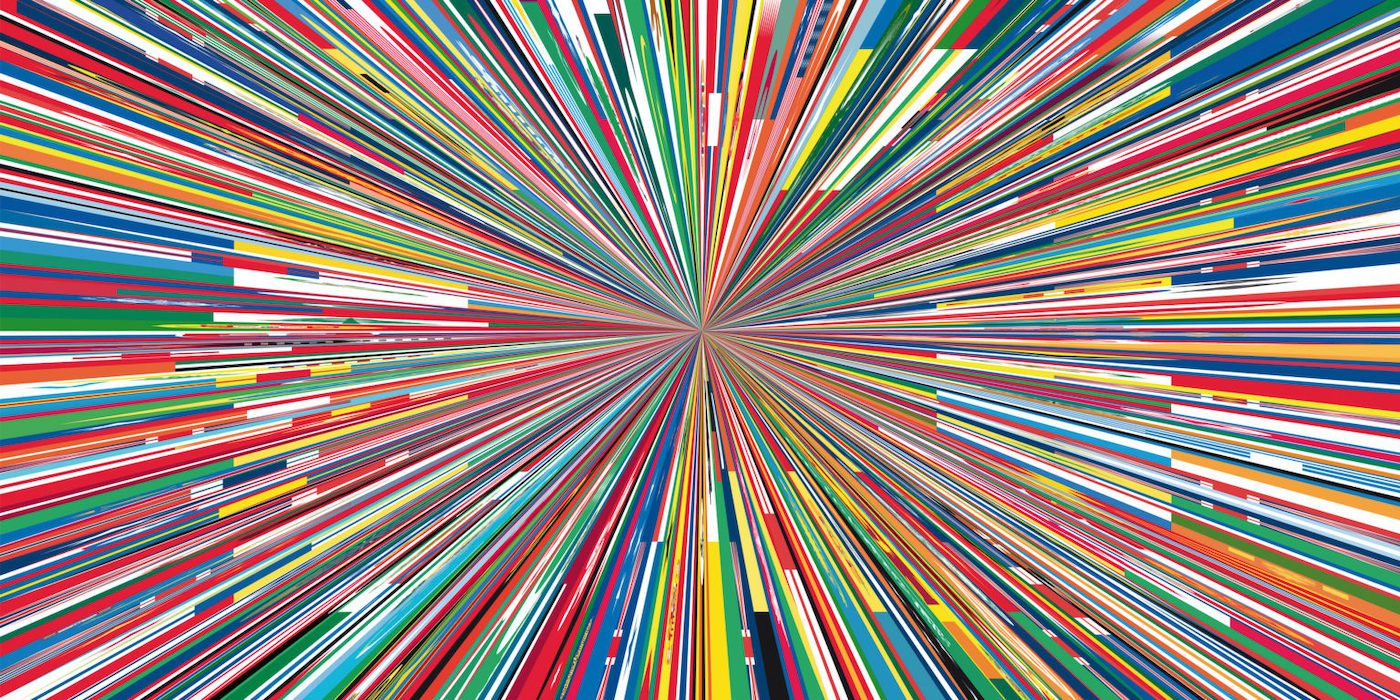C& is in solidarity with all the artists, independent curators, writers, other cultural producers, and institutions—especially smaller spaces—to whom the COVID-19 crises is a sudden existential threat. At the same time, we feel that it is important to continue to evoke global contexts and situations that existed before the current crisis and will go on afterwards.

Meschac Gaba, Citoyen du Monde, 2012. Courtesy Meschac Gaba, Stevenson, Cape Town/Johannesburg, Tanya Bonakdar Gallery, New York, Lumen Travo Gallery, Amsterdam, Galerie In Situ, Paris © Meschac Gaba
Because hundreds of museums and arts spaces have had to close in the last few days due to the crisis, we have just started a new series entitled “Installation View #museumshutdown”. Small independent spaces and independent cultural producers are in an especially precarious situation. This series is a small contribution of solidarity showing extensive images and videos of their exhibitions, which are now closed to the public for several weeks.
While starting this series, we realized that it seemed important to also bring up a fact that is difficult to express at this particular time: at the moment, nearly every email informs us about the cancellation or postponement of exhibitions, biennials, and art fairs. The international art media mainly focuses on the question of the immense impact this crisis is having on “the art world.” That is of course reasonable in this current global crisis. For decades, however, exhibitions, biennials, and fairs in many countries beyond Europe and North America have been postponed or cancelled due to health crises, political pressure, or economic precarity.
Rencontres Picha, Biennale de Lubumbashi (2012), Zimbabwe’s planned Bulawayo Biennial (2019), the last Marrakech Biennale (2018) – to mention just a few. This phenomenon hardly makes it into international art news headlines. When a triennial “in Africa” is cancelled, this is regarded as normal. The assumption is that there (= “the global South”) the situation as so difficult anyway that the failure of cultural events is only one symptom of the many problems that have to be dealt with, and is hence not really newsworthy. Yet these cancellations also have a huge impact on the respective art producers and structures.
The coverage of the current crisis therefore – yet again – reveals a one-sided perspective. It is natural that we all tend to focus on ourselves and our direct environment. In these extremely challenging times, let’s also show solidarity with all those who are constantly struggling and who have no government aid in sight. On this note it feels important to remind ourselves that apart from the corona crisis, an unspeakable human crisis is still going on: somehow the refugees who fled their homes to be safe and whose lives are now endangered again are not making it into the news anymore.
Right now, we are all in this together. As it happens, that means that we are all forced to slow down, which, despite the precarities that come with it, has its good sides. One being that there might well be much more time to reflect and do things such as reading! To make sure you do not get bored, we have dived into our very extensive C& archive. In times of immobility and to honor those who are forced to be mobile in order to flee life-threatening circumstances, we have dug out some of the great texts focusing on various states of mobility.
The C& Team
More Editorial